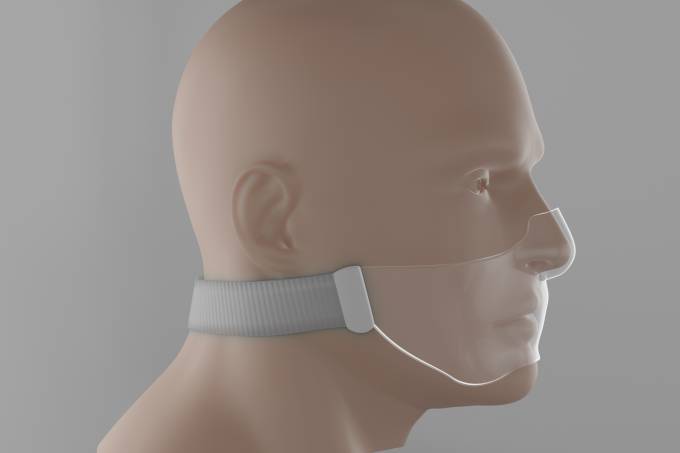RIO DE JANEIRO, BRAZIL – A team of Brazilian researchers is developing an ultra-thin mask made of graphene oxide able to absorb – with 99.9 percent efficacy – microorganisms such as bacteria and viruses, including the novel coronavirus.
“It is a light and resilient nanomaterial,” says Gabriel Estevam Domingos, research, development, and innovation director of the Ambipar environmental management group, which heads the study. “The goal is to provide greater comfort to users and allow better communication between people since the mask can be transparent and with a more discreet design”.

The mask in development may have greater durability than the ones currently sold on the market. The team proposes that it has a continuous 24 hours useful life, while the others last up to 12 hours.
The development of the mask has already overcome the first obstacle: the researchers were able to gain access to the raw material, graphene, derived from graphite. Brazil is among the three largest producers in the world, and the material is high in purity.
The team is now speaking to industries to merge non-woven fabric with polypropylene to form a base for securing the graphene oxide mask.
However, it may take around six months for the masks to be marketed. According to Domingos, the cost is expected to be higher, as this is an innovation that does not start on a large scale. “But we might succeed in achieving promotion lines, which would allow subsidizing a part of the price”, he comments.
The expert points out that the mask is being developed because of the coronavirus pandemic, but it may have other uses, such as filtering carbon dioxide, for instance. The mask features mechanical, thermal, and chemical resistance, allowing its use in health care, civil defense, sanitation, and environmental clean-up.
“It’s important to be at the forefront of masks because there’s a risk that China will import Brazilian graphene and export the masks here, as is the case with other commodities,” he says.
Source: Exame

